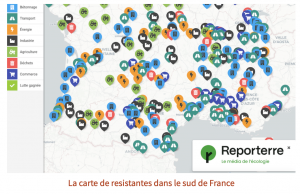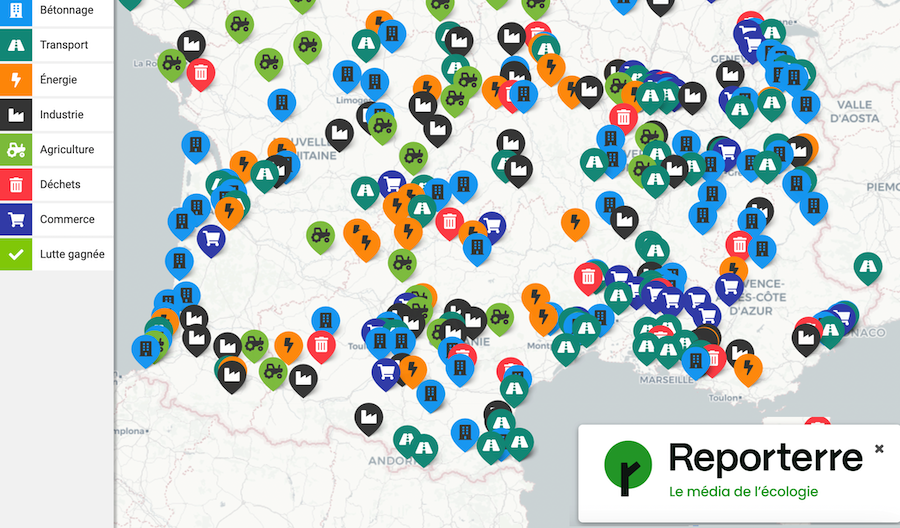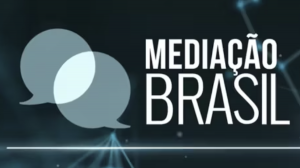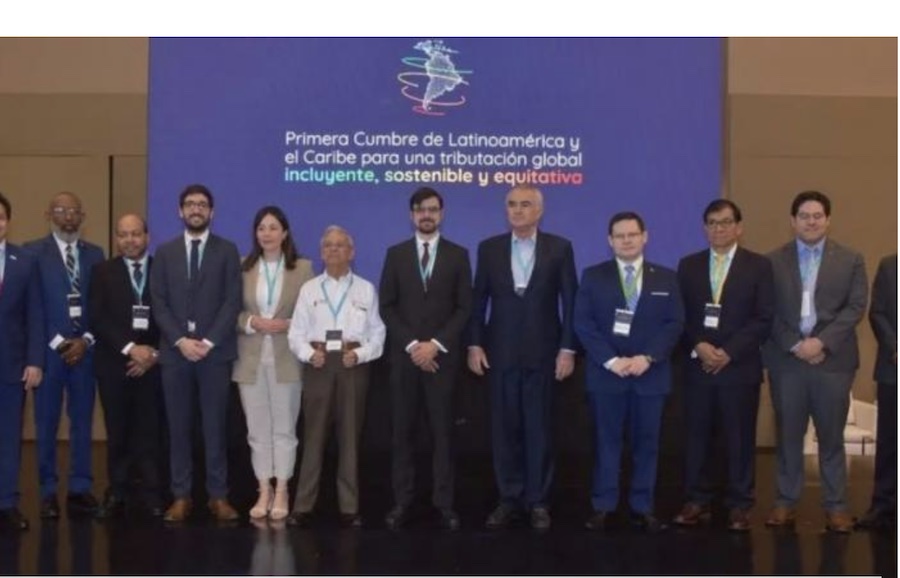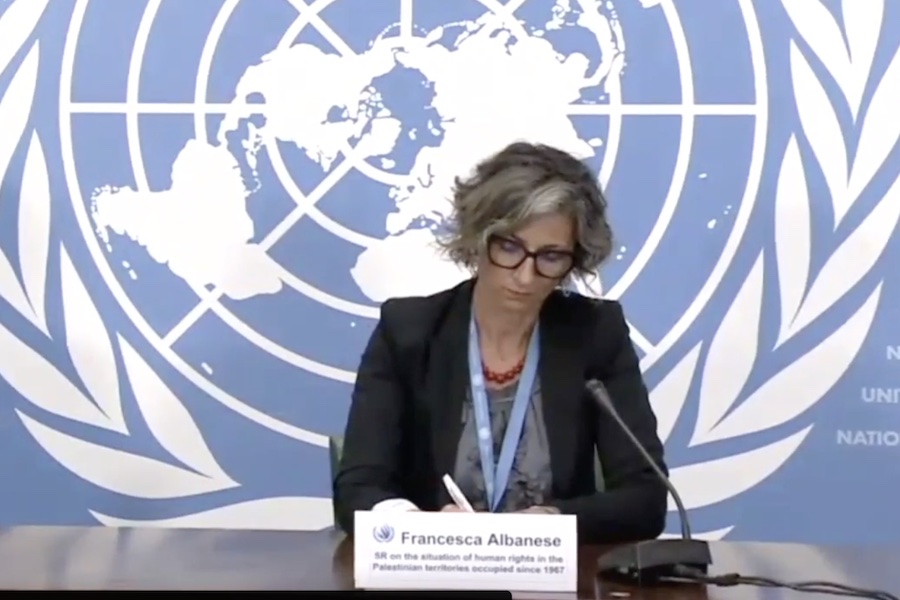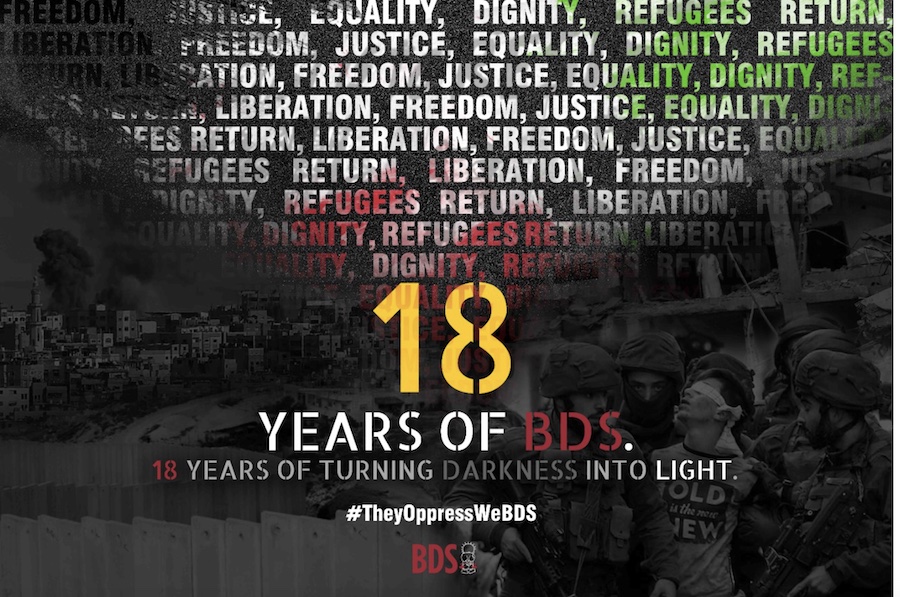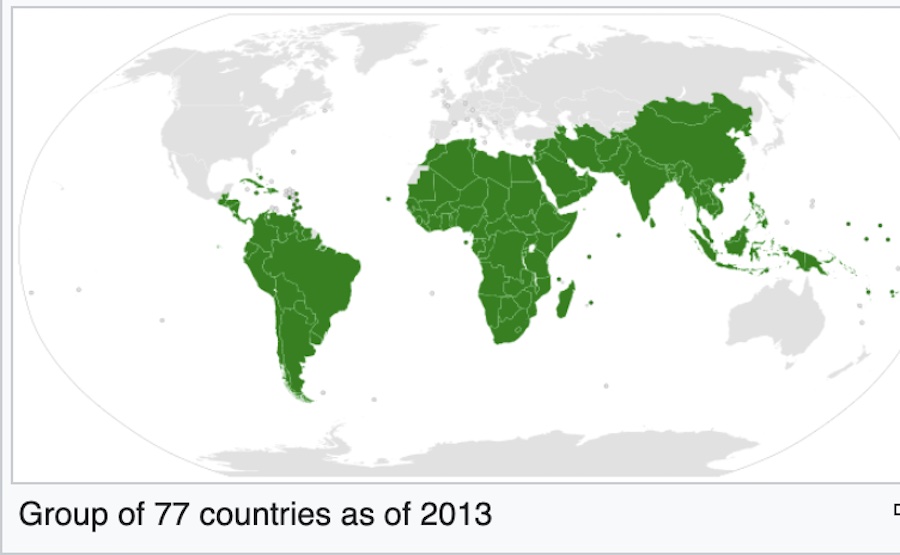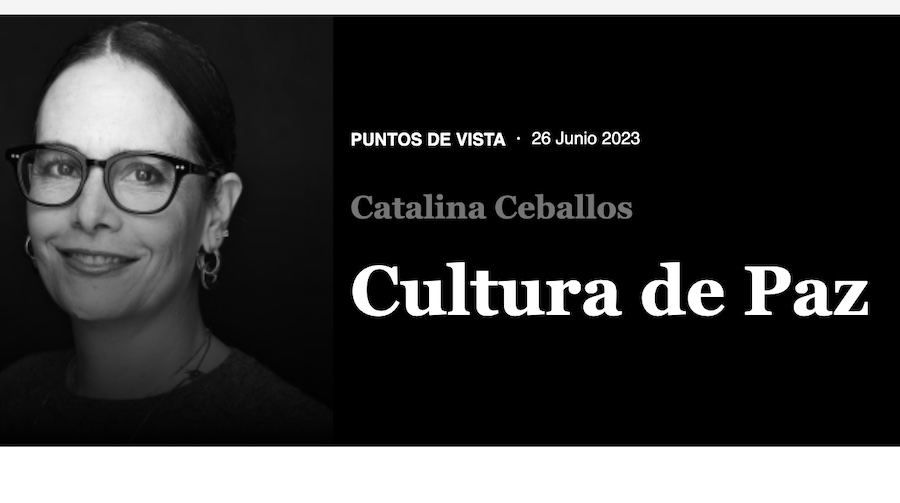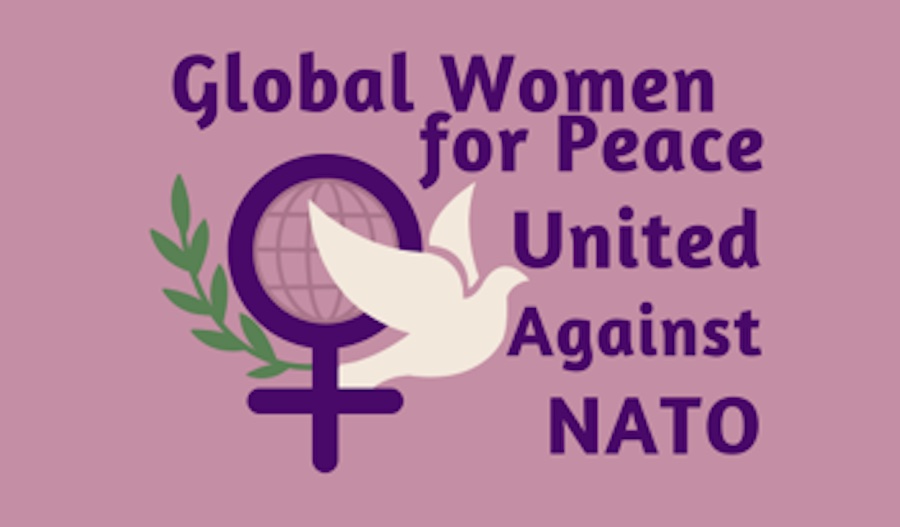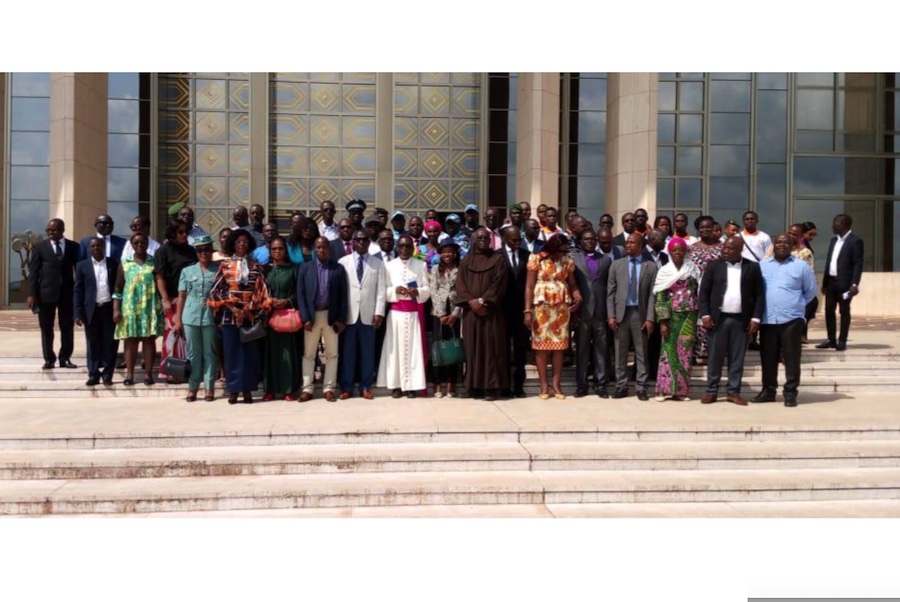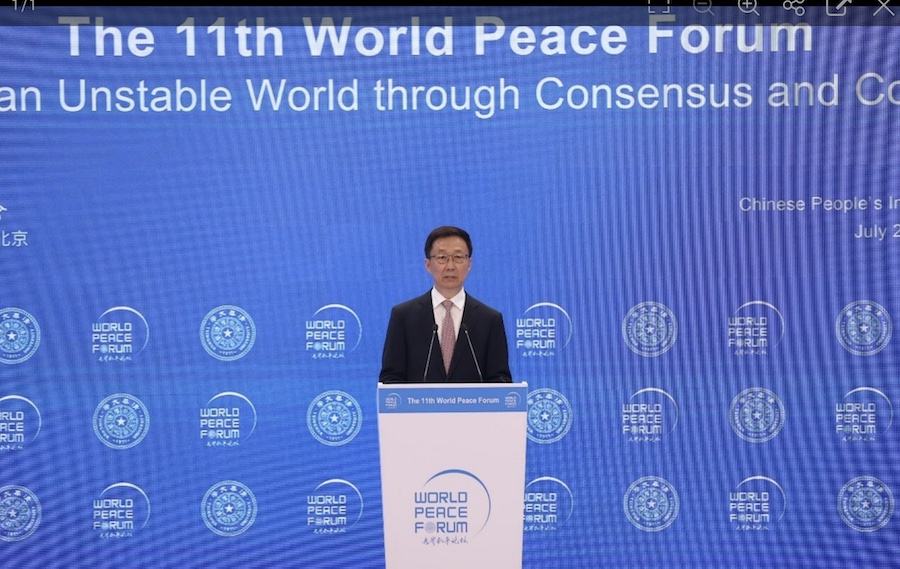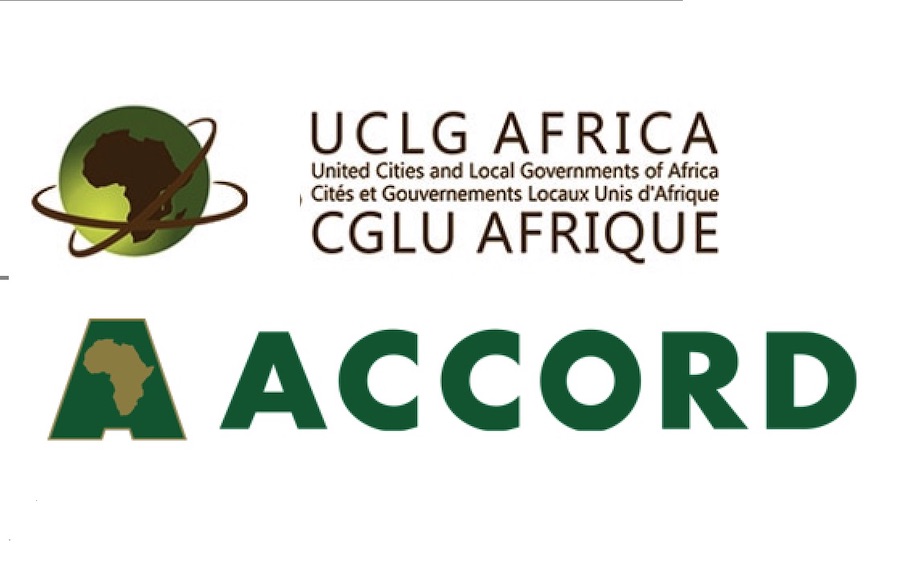FREE FLOW OF INFORMATION . .
An announcement from Pressenza
This book aims to reflect the first twelve years of collective effort of a non-profit organisation run by volunteers from the fields of journalism and communication: Pressenza, an international press agency with a nonviolent approach. It is on the basis of this approach and the process of developing the agency that we are able to present these pages to you.
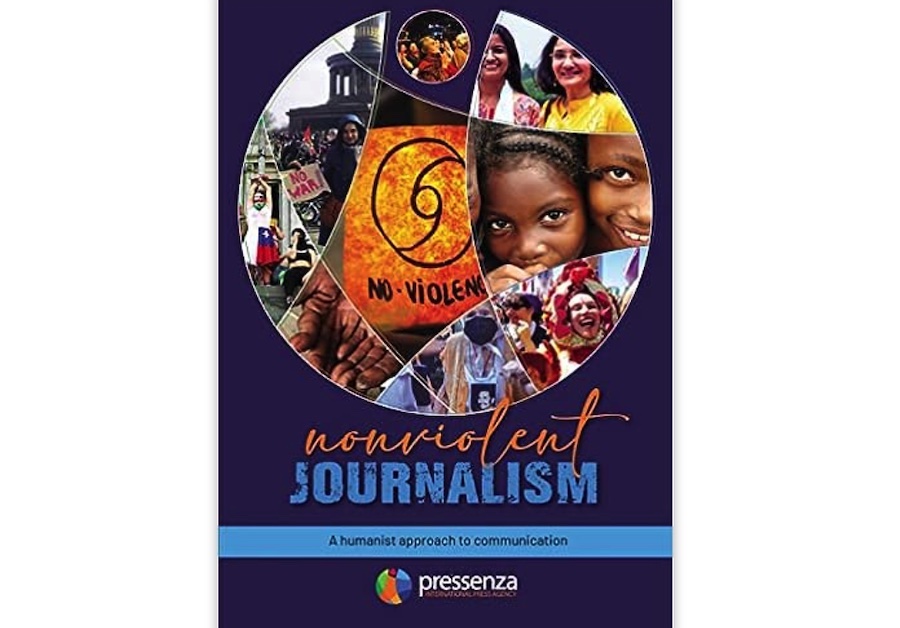
Twelve years of successes and failures, of experiments, alliances, and learning through dialogue with and the know-how of communicators, activists, and friends from academia who have provided us with the impetus to put down on paper the foundations and principles, the tools and suggestions that could shape a nonviolent approach to communication and journalism at the service of those who may find it useful. The team that worked on this production has been with the agency since its inception. We have lived and breathed this project, and that undoubtedly brings with it advantages and disadvantages to this text, which is why it is good for the reader to be aware of this fact.
As you will see, this production is halfway between a book and a manual. The reason is simple: we wanted to set out the elements that underpin the approach and also provide some tips that have helped us to put it into practice and to identify it in other allied media. Therefore, you will find examples taken not only from Pressenza but also from other media. We are not and do not aspire to be the “owners” of the content: we have learned from many people and in many environments. Our task is to integrate these learnings in the best possible way.
Who were we thinking of when we wrote these pages? Most especially in educational establishments where the new generations of communicators and journalists are being qualified. We would like this book to be useful in university lecture theatres, both for teachers and students. But we are also thinking of professionals in the field and activists in social collectives, movements and organisations whose agendas – also characterised by nonviolence – may find tools for dissemination in this approach.
This is the first edition. We reserve the right to improve it and, hopefully, in a little while, publish a second and third edition, etc. It is, therefore, a living publication.
Click here to purchase the English edition
(continued on right column)
(Click here for the book in Spanish or click here for the book in French)
Free flow of information, How is it important for a culture of peace?
Journalism in Latin America: Is it turning towards a culture of peace?
(continued from left column)
About the authors
Pía Figueroa Edwards (Chile)
Chilean, has a degree in Art History and is an expert in ecology. From 2008 to date, she has been co-director of Pressenza, international press agency. She writes regularly, is an executive producer of television documentaries and has produced several research monographs. She has published three books, which form part of the current of thought known as Universalist Humanism.
Nelsy Lizarazo Castro (Ecuador/Colombia)
of Colombian and Ecuadorian nationality, has a postgraduate degree in Political Science and International Relations and an undergraduate degree in Philosophy and Literature. As a communicator and educator, she worked for twelve years, over two different periods, in ALER, the Latin American Association of Popular Education and Communication. She is a university lecturer and founder of Pressenza, as well as editor in the Ecuadorian bureau and, for the last five years, has been a co-producer of the radio programme Cuatro Elementos [Four Elements], which focuses on the analysis of international events.
Juana Pérez Montero (Spain)
has a degree in journalism from the Faculty of Information Sciences at the Complutense University of Madrid. She has worked in the written press and radio. She has developed her journalistic work collaborating with different groups, social movements and spiritual expressions. Her commitment to collective creation has led her to participate in the production of documentaries, books and monographs, as well as in the construction of networks of activists who advocate for an unconditional universal basic income, nuclear disarmament, dialogue and reconciliation between individuals and peoples.
Tony Robinson (United Kingdom)
As an activist in World without Wars and Violence, he took part in the first World March for Peace and Nonviolence which campaigned for the elimination of nuclear arsenals and all forms of violence. Since then, Tony has been first a writer, then an editor and finally a co-director for Pressenza, International Press Agency. In 2019, he produced the award-winning documentary film, The Beginning of the End of Nuclear Weapons, with director Álvaro Orús.
Javier Tolcachier (Argentina)
is a researcher at the World Centre for Humanist Studies. He is a columnist and member of the founding team of Pressenza, International Press Agency. His works include the books Memories of the Future, The Fall of the Dragon and the Eagle, Humanising History and Trends, as well as papers, articles, studies and monographs that attempt to apply a humanist look to diverse fields of human activity. He has been involved in the Humanist Movement for four decades and lives in Córdoba, Argentina, his hometown.
About the book
At the time of writing, the book has been published in 3 different Spanish language editions in Chile, Ecuador and Colombia and also in Italian.
